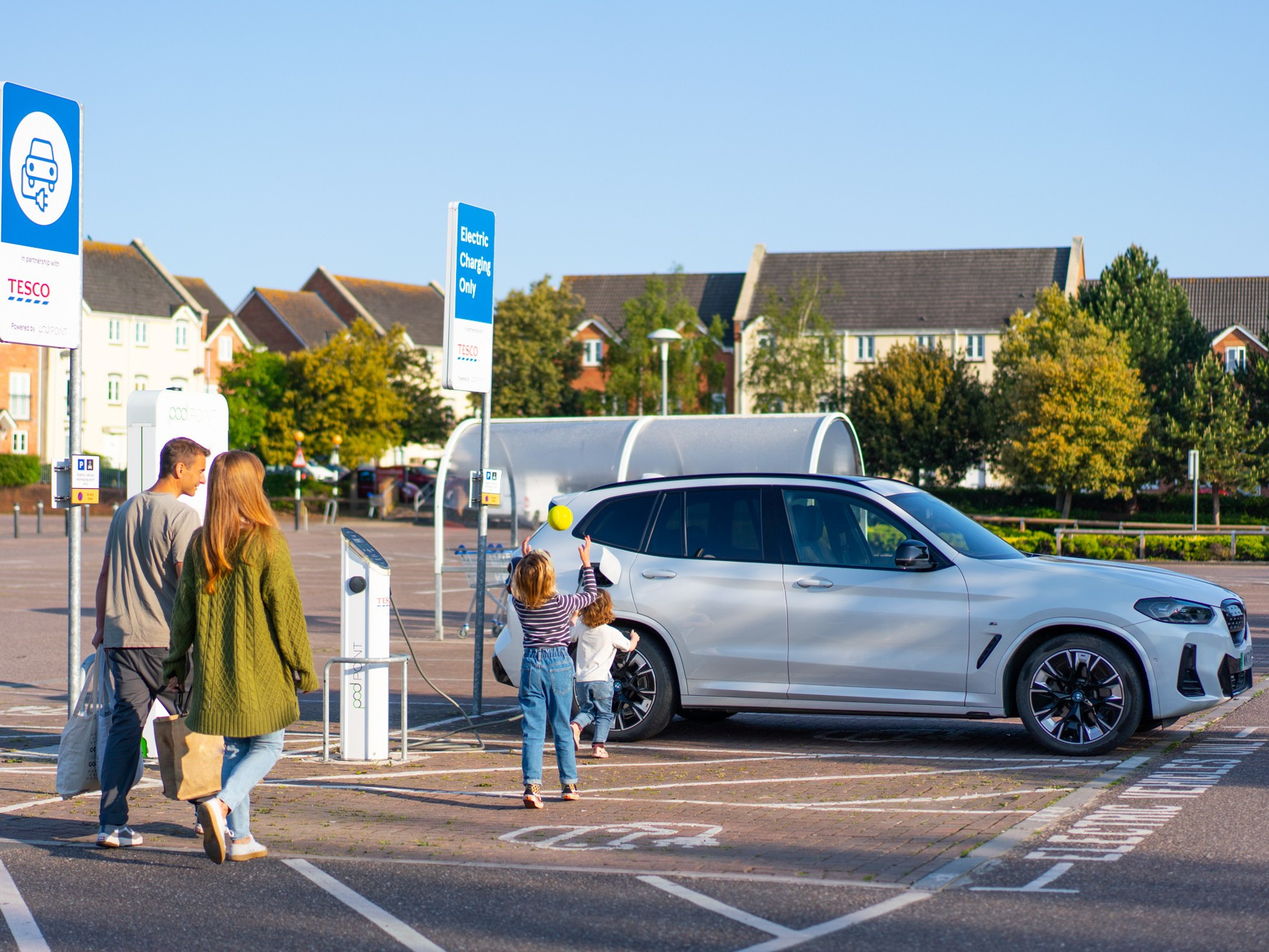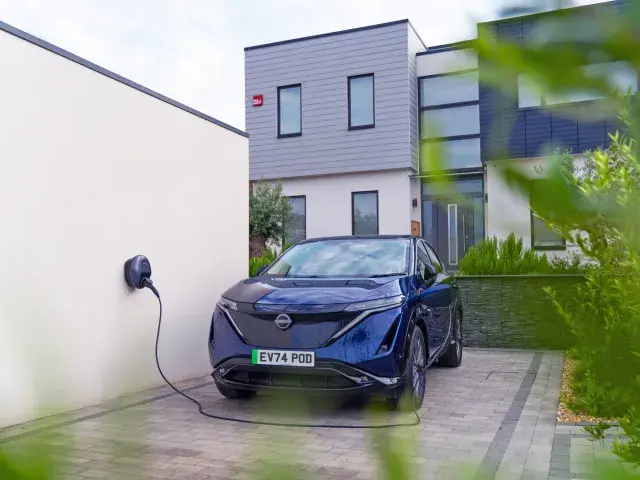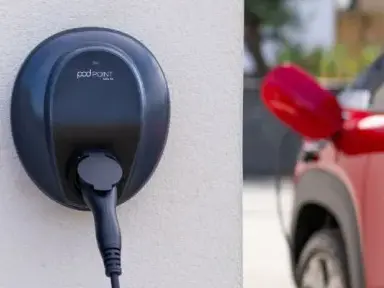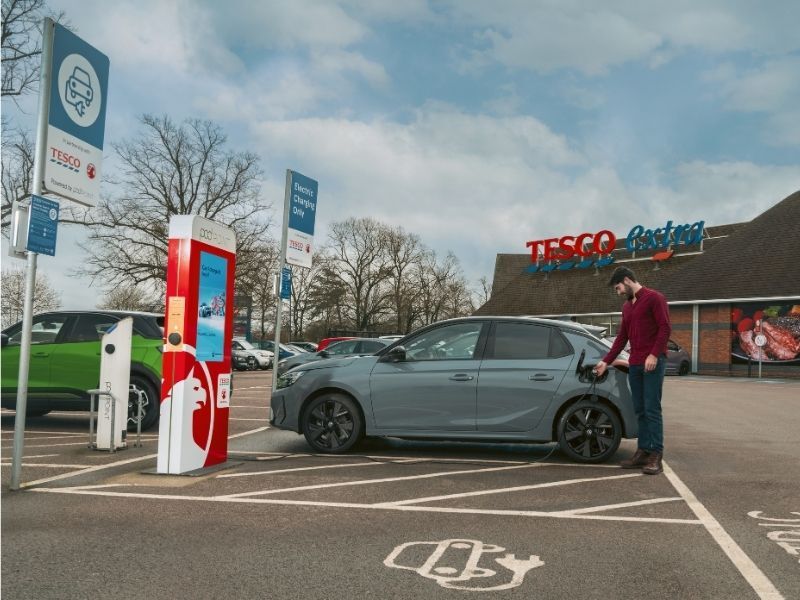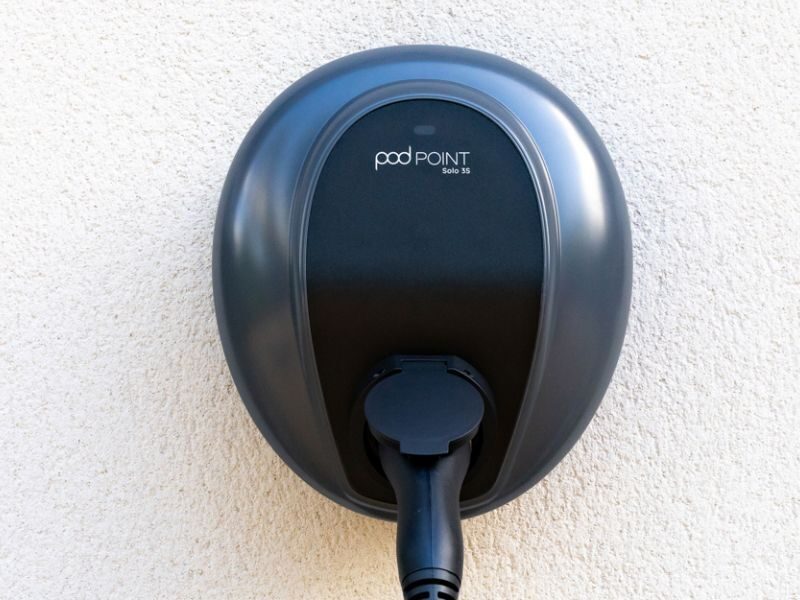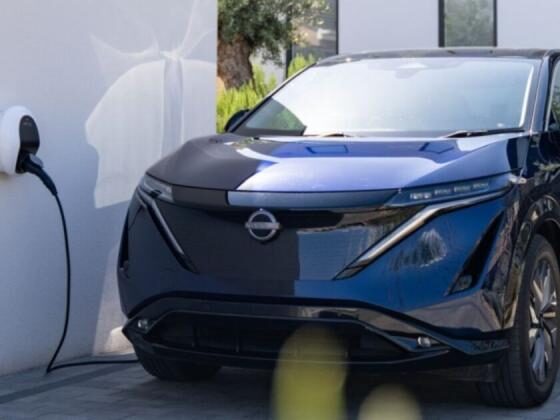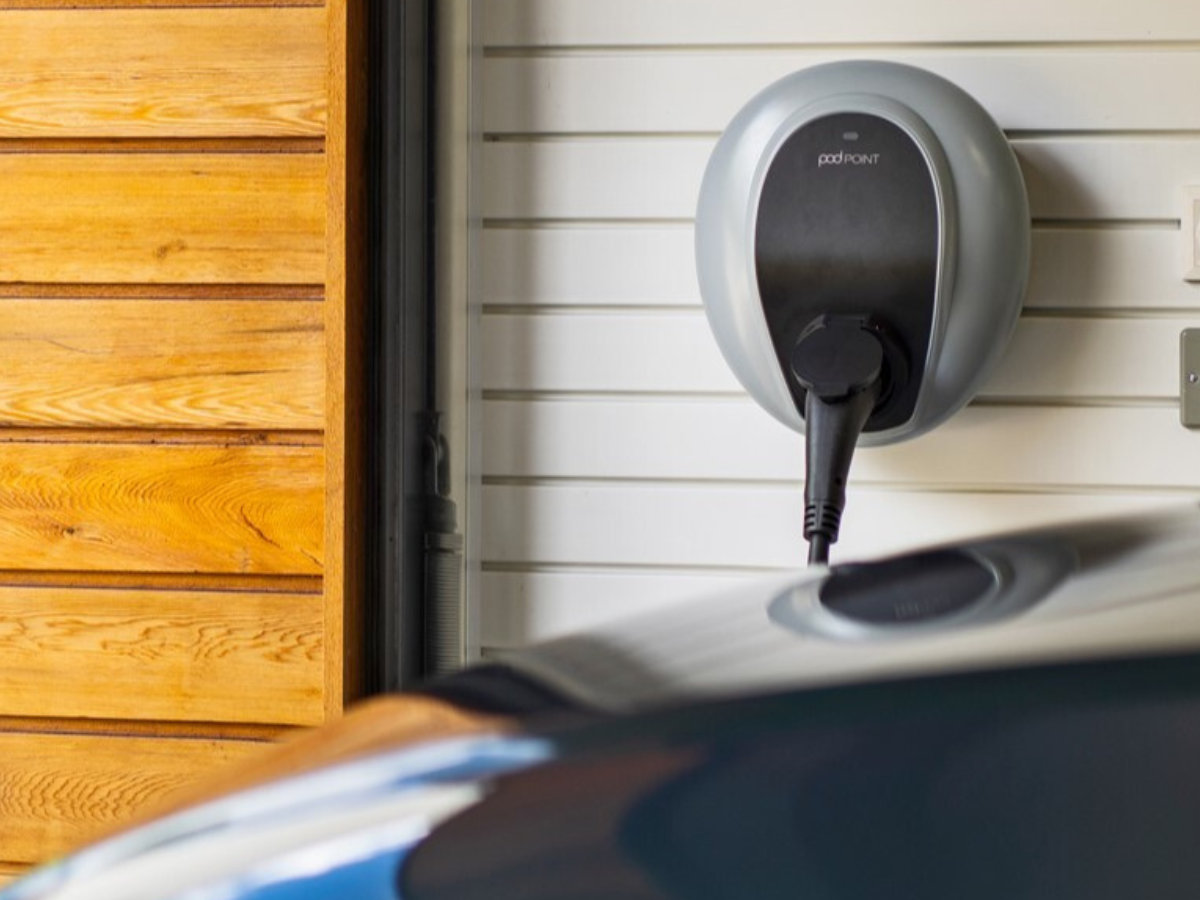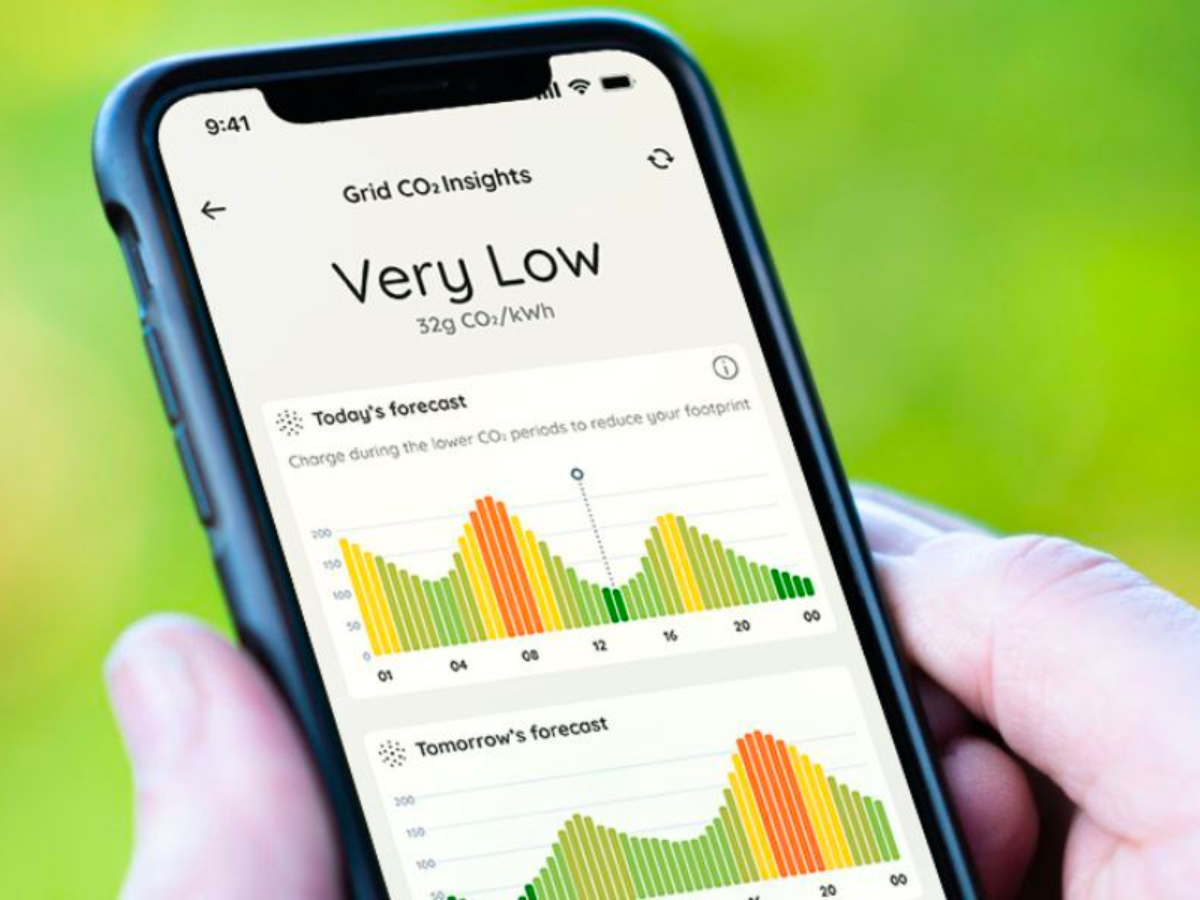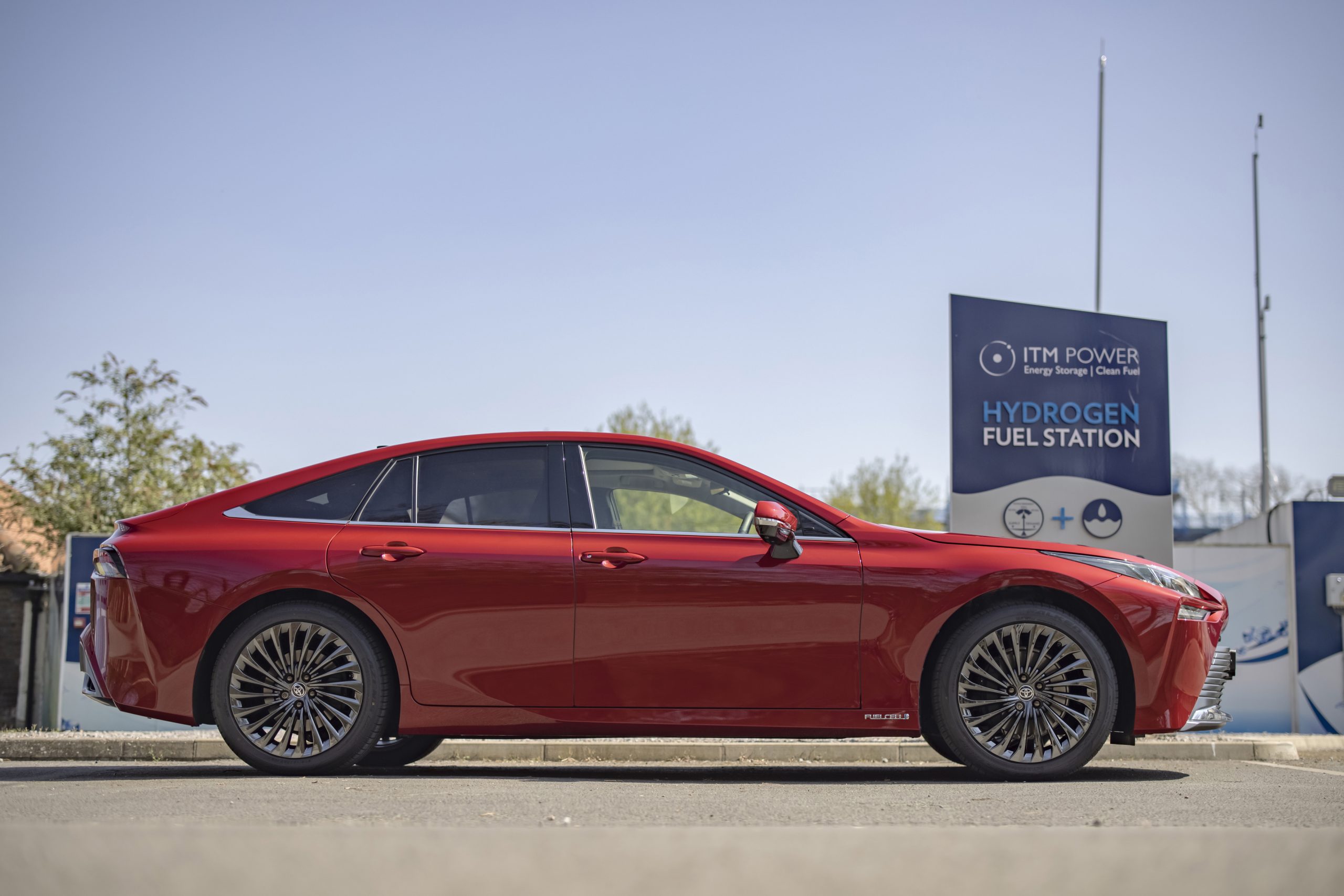The London ULEZ is expanding in August 2023.
Here’s everything you need to know.

Drivers in London will want to brush up on the Ultra Low Emission Zone (ULEZ) standards and exceptions as the £12.50 daily charge will soon apply to the entirety of Greater London when it expands at the end of next month.
The ULEZ was created in April 2019 by Mayor Sadiq Khan as part of a drive to improve air quality in London by disincentivising drivers of high-polluting vehicles from driving in it.
The area initially covered the same area as the Congestion Charge zone, and was later expanded in October 2021 to cover a larger section of central London. It’s being further expanded again from the 29th August 2023 to cover the whole of Greater London.
Khan stated:This is also a matter of social justice – with air pollution hitting the poorest communities the hardest. Nearly half of Londoners don’t own a car, but they are disproportionately feeling the damaging consequences polluting vehicles are causing.
Why Is It Being Expanded?
According to Transport for London (TfL), the current ULEZ area has had a significantly positive impact on air quality in central London. However, it also reports that the majority of deaths caused by air pollution occur in outer London, indicating that more work needs to be done to improve air quality in other areas.
By covering all boroughs of London in the new expanded zone in August, TfL hopes to bring cleaner air to the ~5 million people living in outer London.
How Will the New Expanded Area Work?
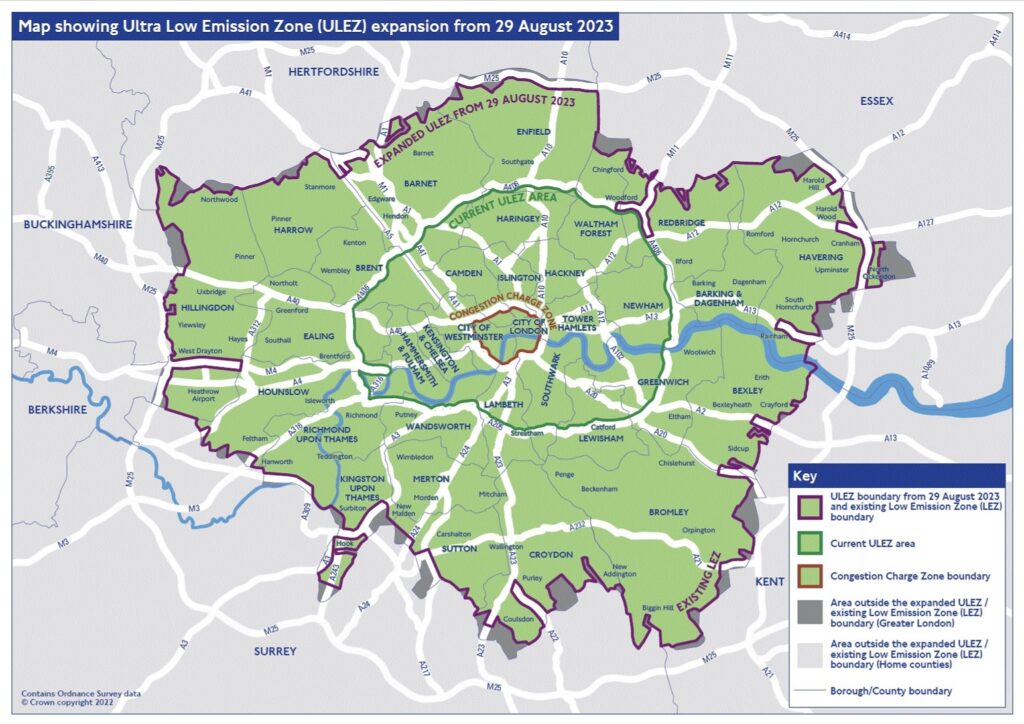
Apart from it covering a larger area, nothing is expected to change with the new zone’s hours of operation, which remains 24 hours of every day of the year except Christmas Day (25th December).
The emissions standards are similarly not changing, and can be found on the TfL website, as can the discounts and exemptions which likewise remain the same.
Who Does the Zone Affect?
Any car driven in the zone will have to meet the standards. Those that don’t will have to pay a daily charge of £12.50. Parked cars inside the zone don’t pay the charge unless they’re driven in it.
To help those who will be affected prepare for the changes, the Mayor of London launched a scrappage scheme of £110 million.
This allows Londoners on low-income or disability benefits to either receive a payment to scrap their vehicle, or a lower payment plus one or two Annual Bus & Tram passes.
Businesses will also be able to apply for the scheme, giving sole traders and small businesses with 10 or fewer employees the option to scrap or retrofit a van or minibus. There’s also a grace period for Londoners who have disabilities.
What Does the ULEZ Expansion Mean for EV Drivers?
Thankfully, nothing. As before, low and zero emission vehicle drivers don’t need to pre-register or pay an annual fee to claim their exemption. Charges are calculated automatically by ULEZ using cameras and your vehicle’s registration number. However, you still need to pre-register for the Congestion Charge Zone as normal.
Is It a Good Thing?
When the ULEZ was first introduced, it was considered one of the most radical anti-pollution policies in the world. However, there was plenty of opposition to its introduction back in 2019, and its first expansion in 2021, with many claiming London wasn’t ready for it, or that a grace period on fines was needed to help Londoners prepare.
Unsurprisingly, those same objections are being put to the 2023 expansion plans, the biggest of which being the expected added cost facing thousands of drivers. Despite the overall good intentions of the policy, this extra money is not an insignificant amount for many households, especially against the backdrop of the cost of living crisis, with many homes already struggling with high energy bills and rising mortgage rates.
Whilst the timing of the expansion will no doubt be difficult for many households to bear, TfL has put in place a number of extra financial offers to help Londoners use greener forms of transport, including subscription services for bikes or car hire services.
Plus, it suggests only 1 in 10 cars currently on the roads in the outer London area fail to meet the ULEZ emissions standards, and drivers can use their online vehicle checker to see if their cars meet them.
And, as the TfL website states, “The aim of the ULEZ is to improve air quality by reducing the number of vehicles in London that don’t meet emissions standards.” This can only be seen as a good thing, and it should be further supported by the UK Government’s 2030 ban on the sale of new petrol and diesel cars.
Ultimately, this is what the ULEZ is really all about: cutting vehicle emissions to create better air quality for all. And that’s something we’re 100% behind.
This article was originally published by Pod Point.



